With a rich history of classic dishes, we have our fair share of traditional Scottish sweet treats.
Traditionally, in Scotland, there were few things more exciting for children than a trip to the local sweetie shop, where they could pester the wee man or woman behind the counter for a bag of something from one of the brightly coloured jars behind the counter.
For adults too, a chance to sample a slice of black bun or piece of shortbread at a relatives is the perfect way to cap off a stressful day at work.
Scotland has a long history of sweets, treats and desserts, here are some of our favourites - and no, a deep-fried Mars Bar doesn't feature.

Picture: Dave Souza\Wikipedia.
Probably one of the most famous foodstuffs from Scotland - possibly only slightly less well known than haggis - shortbread is a favourite around the world and rightly so.
The ubiquitous tartan tins of buttery biscuits make the perfect gift and are a favourite for any occasion - though traditionally they were associated with Christmas, Hogmanay and weddings.
The first printed recipe for shortbread originated in 1736, though traditionally it dates back to medieval times and was a favourite of Mary Queen of Scots.
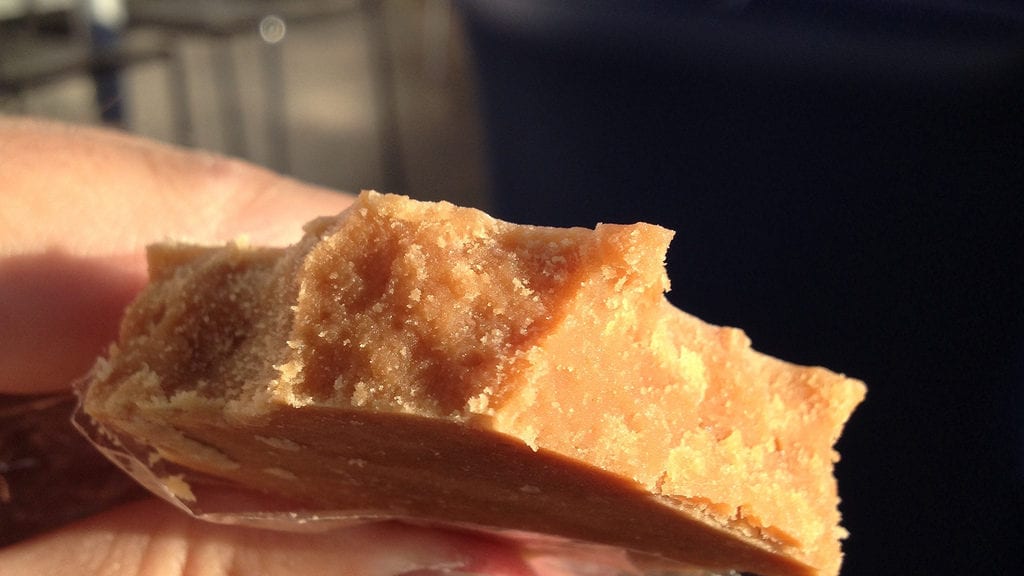
Picture: David McKelvey\Flickr
The sweetest of Scottish treats is one that is never forgotten once tasted. The crumblier, grainier stablemate of fudge, tablet is a childhood favourite that is best kept for special occasions due to its unusually high sugar content.
Made using sugar (lots of sugar), condensed milk and butter, references to this popular sweet go as far back as the early 18th century.

Picture: Anne\Flickr
Sweet and sour in equal measure Soor Plooms - Scots for "sour plum" - were a favourite of School children (and many adults) across the country for their deliciously sharp flavour.
Supposedly originating in the Borders town of Galashiels, the wee green boiled sweets are said to commemorate a battle in the town in the 14th century, in which an English raiding party were undone by a batch of unripe plums.

Picture: Trip Advisor Traveller
A riotous medley of fresh rasberries, whipped cream (or crowdie cheese, if you’re a traditionalist), honey and toasted oats - usually served in a glass - Cranachan is a uniquely Scottish dessert that celebrates the country's access to some of the best soft fruits in the UK and is perfectly paired with a dram of whisky (which is often added to many recipes).

Not to be confused with its English counterpart, Edinburgh rock is a deliciously soft confection that is made using with sugar and cream of tartar.
Like a tasty crumbly chalk, Edinburgh Rock is named as a play on Castle Rock in the capital. Produced by local manufacturer Ross’s, which has been producing Rock since 1880, it was thought to have originally been created in the 19th century by Alexander Ferguson – also known as “Sweetie Sandy”.

Picture: Fraser Wright
Part of the popular fruit cake wave that runs through much of Scotland's history, the Black Bun is synonymous with Hogmanay and is usually part of the tradition of first footing.
Loaf like in appearance, it's a rich treat made using raisins, currants, spices and black treacle and it's filled to the brim with subtle spice flavours.

Picture: Ken Douglas\Flickr
Another boiled sweet that's a childhood favourite, the weirdly titled Granny Sookers are so named - depending on who you speak to - because they are a peppermint flavoured treat your granny would love, or because when you suck on them you draw your cheeks in making you look well, like a granny.
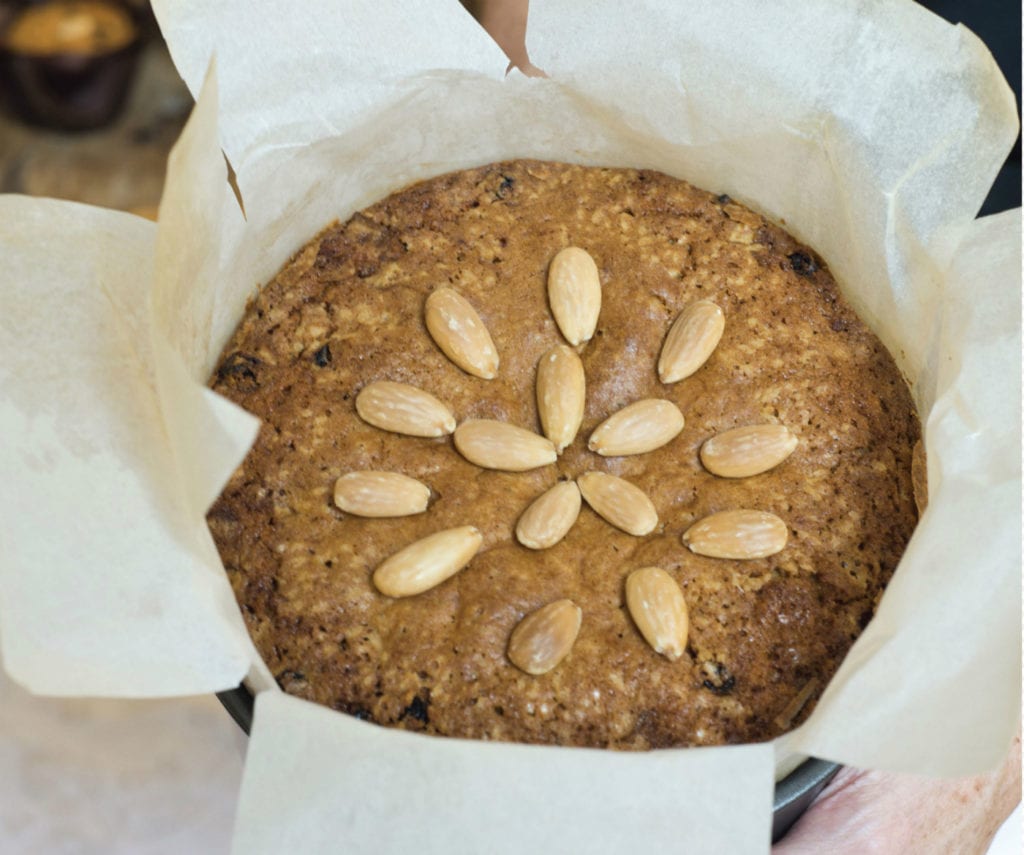
Another of those famous Scottish fruitcakes the Dundee Cake has been made in Dundee and the east coast since the early 1800s, where it is a hugely popular treat.
Tracing its origins to a story about Mary, Queen of Scots, who supposedly inspired the creation of the cake after it was discovered she didn't like cherries in her fruit cake.
Made using the inevitable cherry replacement, in this case almonds, along with sultanas and candied peel, it's a deliciously rich treat that's perfect for sharing among friends and family.
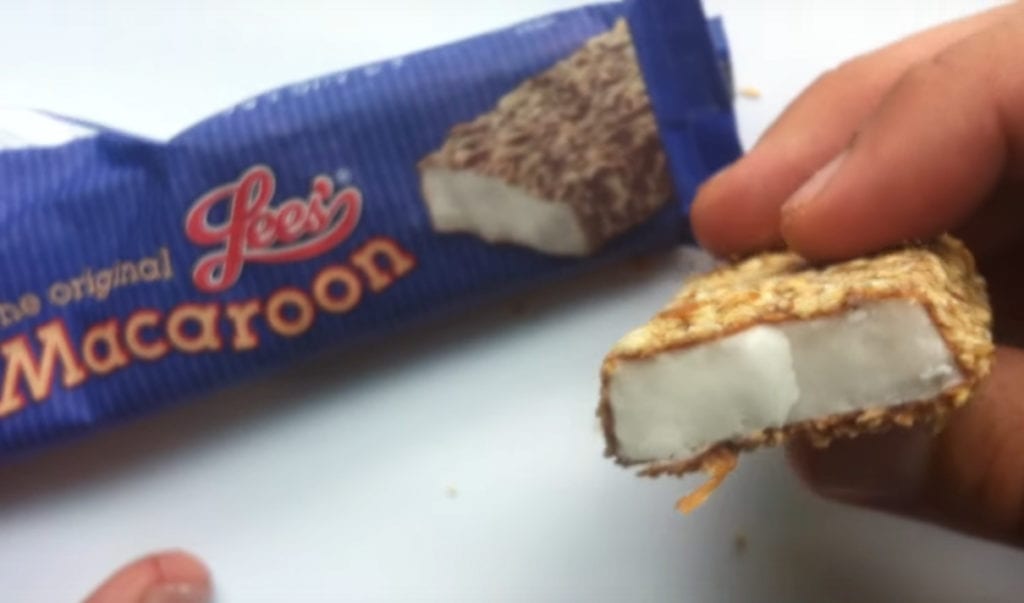
Picture: Youtube
Sure to be the only sweet on here made using potato, Macaroons (not to be confused with French favourite Macarons) are made using mashed potato, icing sugar, chocolate and toasted coconut.
According to Lees, it was their founder John J Lees who first created it when trying to produce a smooth chocolate fondant bar - god only knows why he was using potato.

Picture: Jasper's Original Jethart Snails\Facebook
The Borders is filled with regional sweets, with many famous Scottish treats originating there - Hawick balls, Berwick cockles and Moffat toffee being just a few of them - but one of the most popular is the Jethart Snail.
Supposedly, the recipe was brought over during the Napoleonic Wars by French prisoners of war, with the snail being a peppermint boiled sweet that's shaped to look like snails.
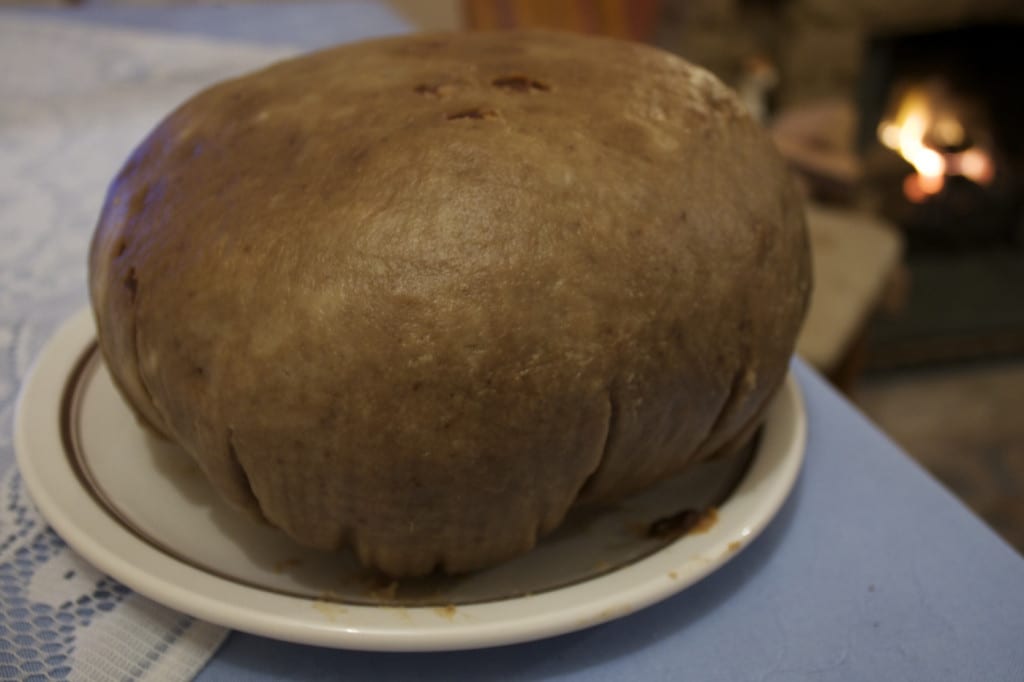
Clootie dumpling is the traditional Scottish pudding that many people have fond memories of as it's a classic sweet treat made by grandparents across the land.
Clootie dumpling is simply a spiced pudding studded with dried fruits that is wrapped in a cloth and simmered in water for a lengthy period.
This results in a large steamed dumpling ready to be sliced and served with custard.
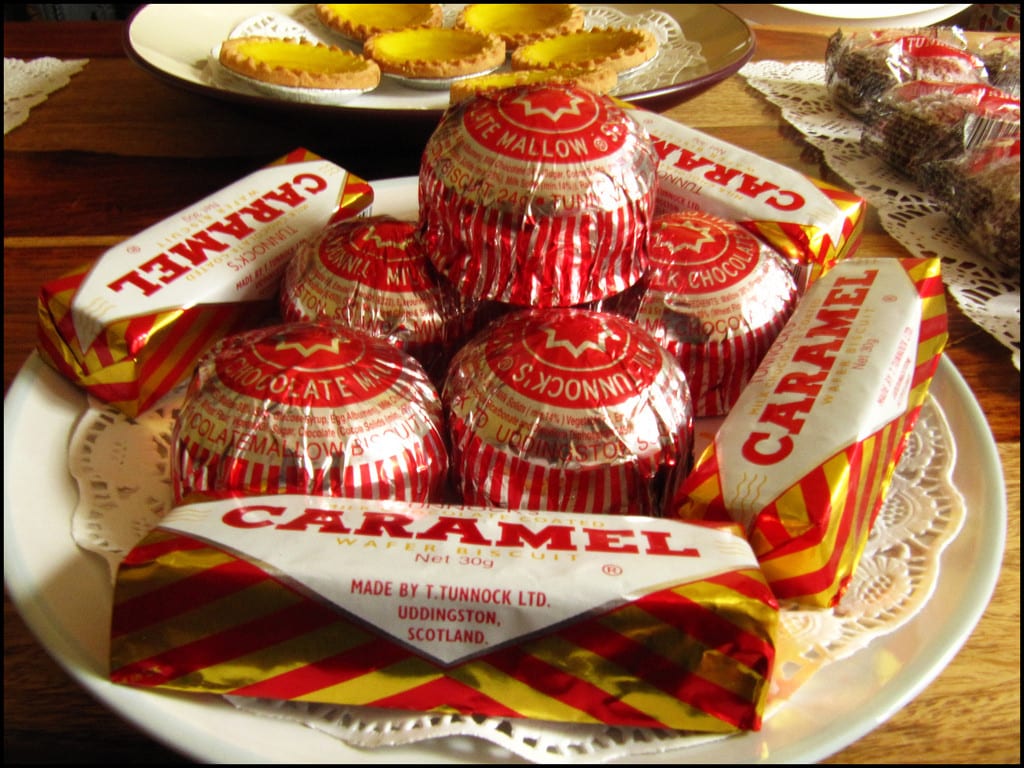
Almost as iconic as Irn Bru, smoked salmon, haggis or whisky, Tunnock's have been creating their range of caramel wafers, logs and teacakes in Uddingston since 1890.
The classic caramel wafer is available globally and has some famous fans, but has been a firm favourite of Scots for generations.
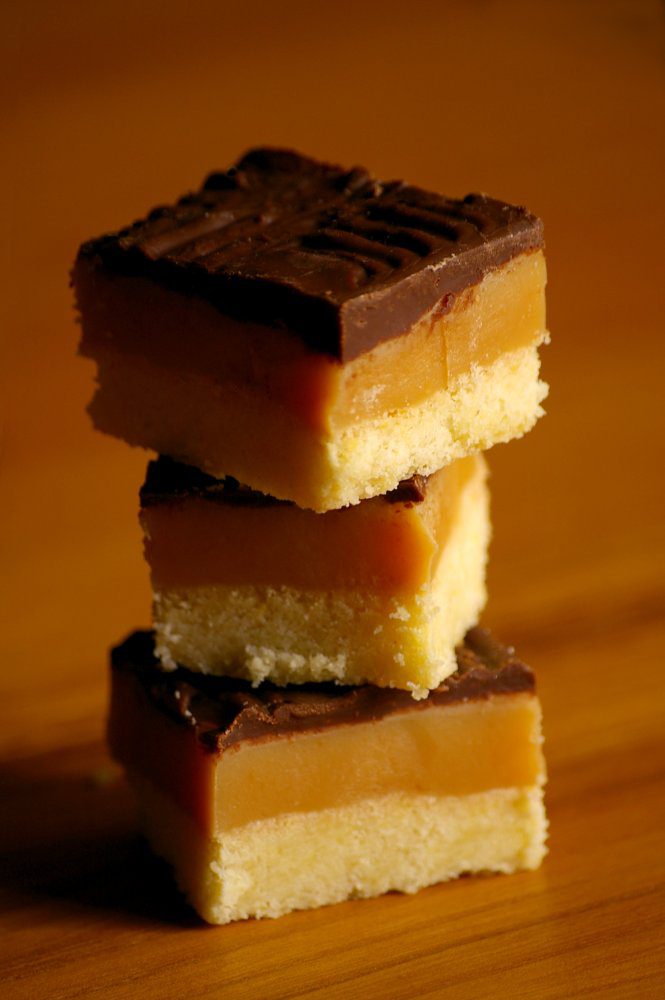
Picture: Aurore D/Wikicomms
This decadent sweet treat can be found in cafes, bakeries and supermarkets all over, but its origins like in Scotland.
Scottish shortbread originated around the 12th Century, but the biscuit we know and love now is attributed to Mary Queen of Scots in the 16th Century.
The name, which relates to how rich it is, is also attributed to Scotland.
